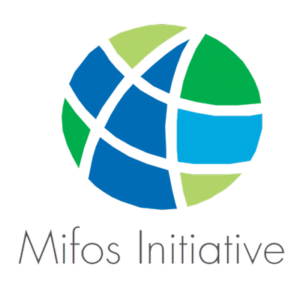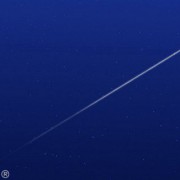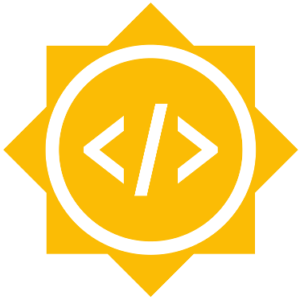2017 Google Summer of Code Reflections
Hopefully you read Part 1 of our official recap of the 2017 Google Summer of Code from last week. As is tradition, we always ask our our interns a few questions at the end of the summer to reflect back on their experiences. Here is what they had to say!
What was your most rewarding experience contributing to Mifos this summer?
What was your most rewarding experience contributing to Mifos this summer?
Dilpreet Singh – Interacting with mentors in meetings was the most rewarding experience for me as every time I end up learning amazing stuff, best practises and get to hear great advices. Mifos helped me improve my knowledge and I always feel great to be a part of Mifos contributing to projects which impact people’s life.
Kumaranath Fernando – There were many rewarding experiences out of all, what I would like to highlight is mastering and writing extensible, flexible clean code.
Mohit Bajoria – Most rewarding experience contributing to Mifos this summer was Maintaining the community app hurdles and learning from them, diving deep about progressive web app, testing on lighthouse. Other than learning, it was my mentor Maulik, Gaurav, who made the GSoC lot more fun.
Raunak Sett – Most rewarding experience for me was interacting with the community and solving problems together and learning a lot in the process.
Rajan Maurya – First, thanks to my mentors, Markus Geiss and Mark van Veen; both of them helped me alot. I never waited for a response, and always got my problem resolved within couple of minutes.
I have been contributing to Mifos from two years on and I always have a goal to write quality and efficient one-time code that will handle everything. It doesn’t matter what will change in future and If anything will break in future, that should be easily fixable. My most rewarding experience was helping GSoC students teaching them good practices and if they stuck be always ready to solve their problem
Nikhil Pawar – This GSOC, I had an opportunity to virtually meet lots of people, both within community and outside community. Meeting new people, means exchange of new new ideas, healthy debates which acts as like a catalyst for logical and critical thinking.
Sanyam: The most rewarding experience for me was interacting with the Mifos Community and my mentors (Dhirendra, Ed, and Aleksander ) and also got the hands-on experience on a Fintech backend application and solving problems together and learned a lot in the whole process.
Gopala Krishnan – My most rewarding experience was to see the changes I had done to get merged in the community-app and be a part of the latest release.
Naman Dwivedi – Most rewarding experience for me was to learn about the different architectures and how using a good architecture design can be really helpful in the long term for the project. My all personal projects before the summer were built to ‘just’ work, but now I can’t imagine writing a project without at least the MVP architecture.
Mayank Jindal – One of the mentors Ishan told that how can we speed up development by avoiding gradle build every time which is the most frustrated thing for an android app developer. It helped me to save many hours of just sitting idle.
Tarun Mudgal – The most rewarding experience is getting to know new stuff – from enabling (after messing a lot) multi-dex, to learning the right way to debug to code and following the best practices. I did expect such an experience and now, I am quite contented that it happened so.
Courage Angeh – I got to learn a lot more and I got more used to the organization.
Vladimir Fomene – I did not have a most rewarding experience, but the lessons I learned from this internship is priceless. I have learned how to work in a team of software developers from diverse backgrounds. I also learned a lot of tools while working on the project and last but not the least I learned that having goals and deadlines while working on a project is key in helping you evaluate your progress.
Alex Ivanov – Working with the community was amazing! I met some really cool people in Mifos community. Seeing what other GSoC interns were working on and the internal feedback.



















